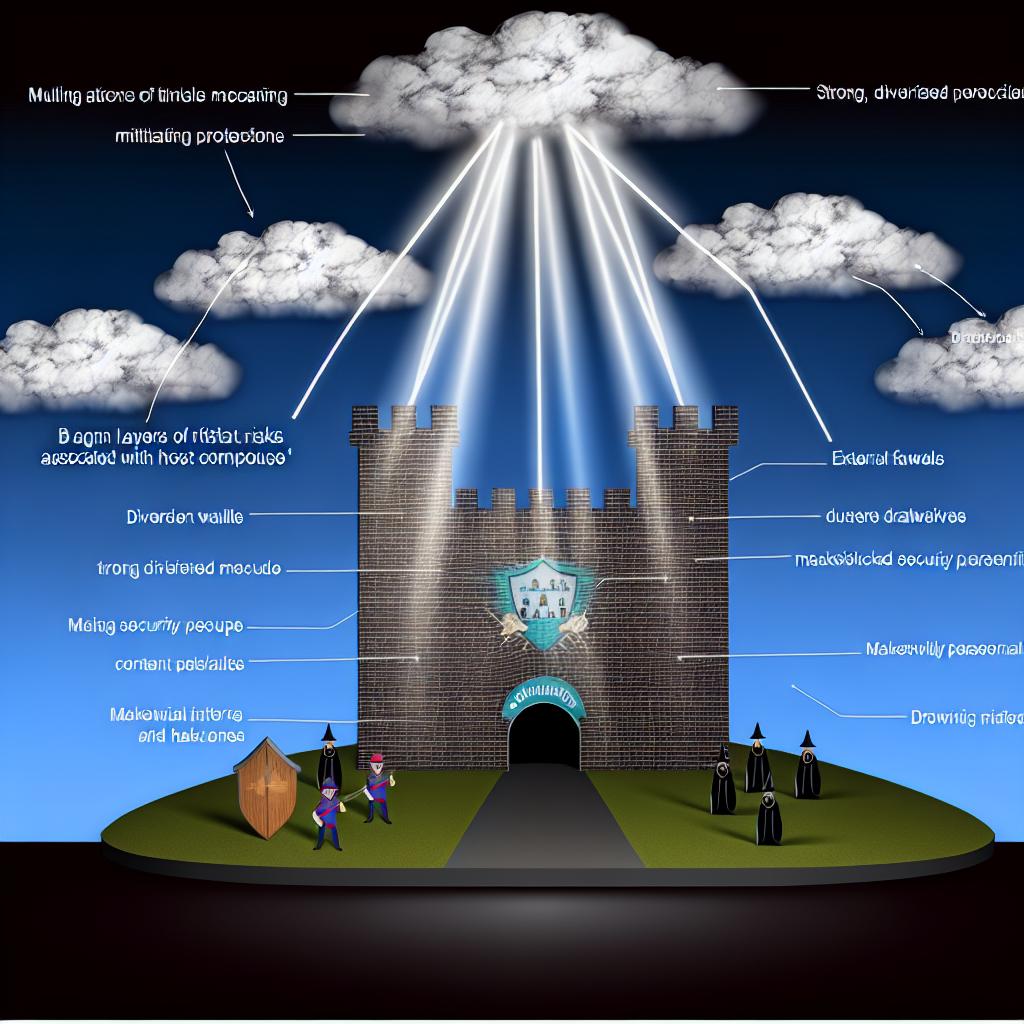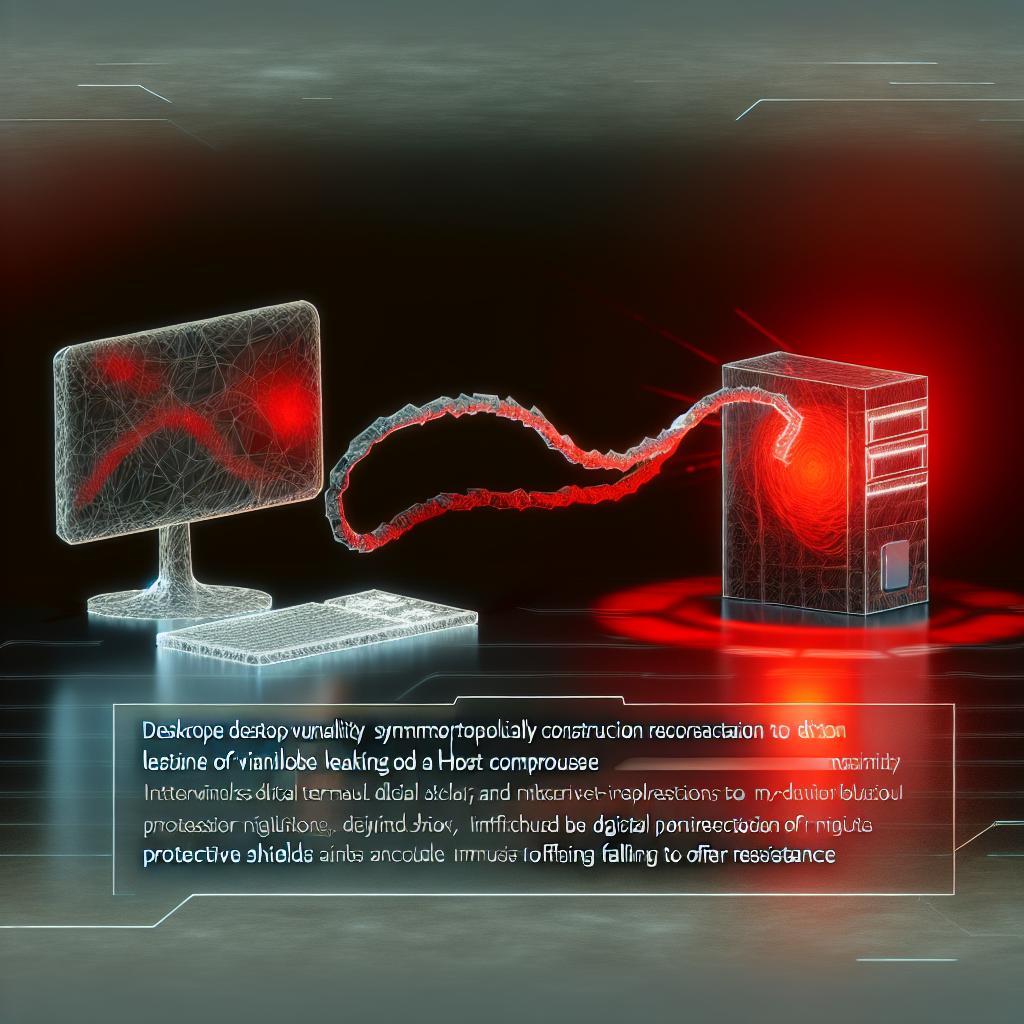In the vast digital landscape, where technology reigns supreme, even the most cutting-edge tools can become unwitting accomplices in the hands of malicious actors.Such is the case with the recent discovery of a vulnerability in Docker Desktop, a popular platform used by developers to streamline the creation and deployment of applications. This vulnerability has the potential to not only compromise the security of individual containers, but also to infiltrate the very host on which they reside. Join us as we delve into the details of this troubling development, and explore what it means for the future of containerization technology.
Headings:
Recent reports have uncovered a critical vulnerability in Docker Desktop that could potentially lead to host compromise. This vulnerability allows an attacker to escape the Docker container and gain access to the underlying host system. As a result, sensitive data and resources stored on the host system are at risk of being compromised. To mitigate the risk of this vulnerability,Docker users are strongly advised to update to the latest version,implement proper security measures,and regularly monitor their systems for any suspicious activities.

Security Implications of Docker Desktop Vulnerability
Docker Desktop vulnerability has recently been discovered, posing important security implications for host systems. This vulnerability allows malicious actors to exploit containers and potentially compromise the entire host system. With Docker Desktop being a widely used tool for developers and organizations, the impact of this vulnerability is concerning. It is crucial for users to stay vigilant, update their software, and implement proper security measures to mitigate the risk of exploitation.

Best Practices for Mitigating Risks Associated with Host Compromise
When it comes to mitigating risks associated with host compromise, it is crucial to follow best practices to ensure the security of your system. One effective method is to regularly update your software and applications to patch any vulnerabilities that could be exploited by attackers. Additionally, implementing strong authentication measures such as multi-factor authentication can help prevent unauthorized access to your system. Another significant practice is to limit user privileges to only what is necessary for their roles, reducing the potential impact of a compromised account.Regular monitoring and auditing of your system can definitely help detect any suspicious activity early on, allowing you to take action before any damage is done.
Closing Remarks
the recent Docker Desktop vulnerability serves as a stark reminder of the importance of staying vigilant in the ever-evolving landscape of cybersecurity. By being aware of potential risks and staying informed about the latest security updates, we can better protect ourselves from potential threats. Let this incident serve as a cautionary tale, urging us to prioritize the security of our systems and data. Remember, it only takes one vulnerability for malicious actors to potentially compromise our entire host environment. Stay safe, stay informed, and stay secure.







